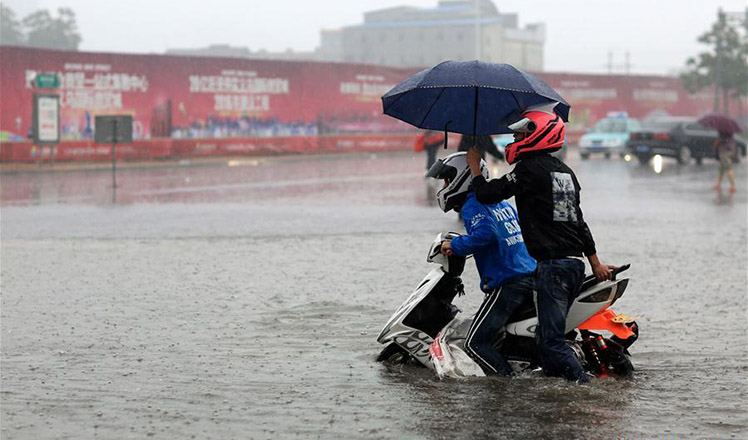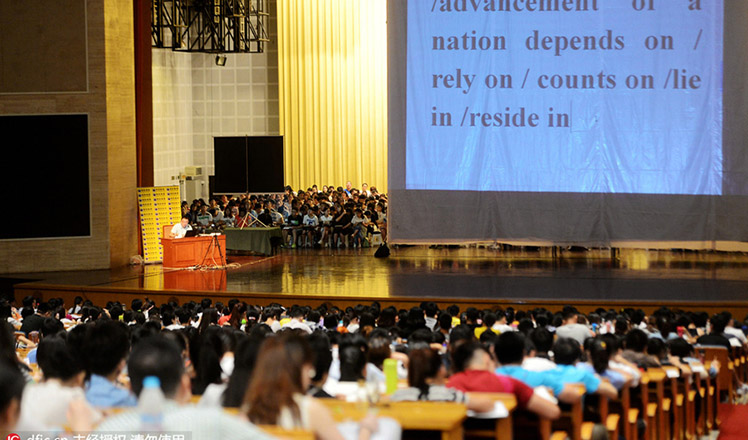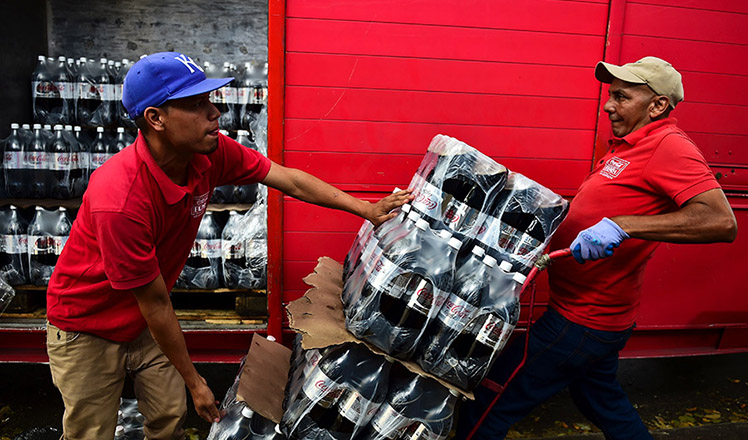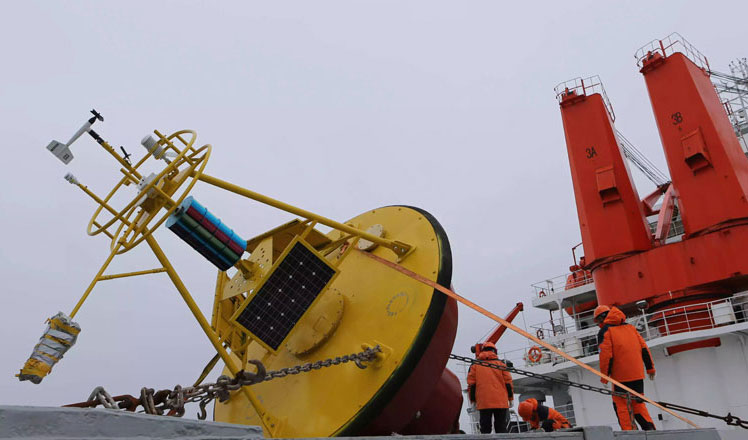Antibiotic resistance poses fatal threat
Updated: 2016-07-21 07:54
By Shan Juan(China Daily)
|
||||||||
|
Regulations on the use of antibiotics in animal feed are not strictly enforced in China, and the country has no maximum residue limits for antibiotics detected in animal products such as meat and milk. TAn Kaixing / For China Daily |
Experts warn that excessive use of drugs designed to kill bacteria could result in millions of deaths every year. Shan Juan reports.
As the use of antibiotics at China's healthcare facilities comes under increasingly strict control, public health experts at home and abroad are turning their attention to agriculture and calling for enhanced management to prevent potential overuse in the sector.
Every year, 50 percent of the antibiotics employed in the world are used in China, with 52 percent of them used to treat animals bred for food, according to the latest report on international antibiotic use, led by Jim O'Neill, former chief economist at Goldman Sachs who was an adviser to David Cameron, the former prime minister of the United Kingdom.
The report, called the Global Review on AMR (antimicrobial resistance), warns that by 2005, antimicrobial resistance could be responsible for killing 10 million people across the world every year, the equivalent of one person every 3 seconds - higher than the annual global death toll from cancer.
It also estimates that by 2050, AMR could result in 1 million premature deaths every year in China.
AMR occurs when microbes evolve to become increasingly, or fully, resistant to previously effective antibiotics. The term also covers antibiotic resistance, which applies to bacteria and antibiotics.
"China could suffer an enormous loss of GDP because of that," O'Neill wrote in an email exchange with China Daily.
He added that the government recognizes the issue as one of crucial importance and has made efforts to curb excessive antibiotic use, particularly for medical purposes.
Statistics from the National Health and Family Planning Commission show that antibiotic use in China's hospitals has fallen by 40 percent since 2012, when the commission imposed measures - including stricter controls, prescription-only access and health education - to curb long-term excess use.
However, the report notes that the lack of stringent supervision in the agricultural sector must also be corrected.
Xiao Yonghong, a professor at the Institute of Clinical Pharmacology at Peking University and a member of the commission's rational drug use committee, echoed those concerns, saying that while the abuse of antibiotics has almost been eliminated at large hospitals in cities, a lack of surveillance data means it's difficult to assess the scale of the problem at grassroots-level clinics.
"Antibiotic abuse in animal farming is still widespread in China," Xiao said, adding that the country has no maximum residue limits for antibiotics detected in animal products, such as meat and milk.
- Endangered elephants relocated by crane in Africa
- THAAD news met by DPRK missile launches
- DPRK top leader guides ballistic rocket test-firing
- Turkey's failed coup to further consolidate Erdogan's power
- Boris Johnson says UK not abandoning leading role in Europe
- Armed man attacked passengers on a train in Germany

 Heavy rain, floods across China
Heavy rain, floods across China
 Super-sized class has 3,500 students for postgraduate exam
Super-sized class has 3,500 students for postgraduate exam
 Luoyang university gets cartoon manhole covers
Luoyang university gets cartoon manhole covers
 Top 10 largest consumer goods companies worldwide
Top 10 largest consumer goods companies worldwide
 Taiwan bus fire: Tour turns into sad tragedy
Taiwan bus fire: Tour turns into sad tragedy
 Athletes ready to shine anew in Rio Olympics
Athletes ready to shine anew in Rio Olympics
 Jet ski or water parasailing, which will you choose?
Jet ski or water parasailing, which will you choose?
 Icebreaker Xuelong arrives at North Pacific Ocean
Icebreaker Xuelong arrives at North Pacific Ocean
Most Viewed
Editor's Picks

|

|

|

|

|

|
Today's Top News
Ministry slams US-Korean THAAD deployment
Two police officers shot at protest in Dallas
Abe's blame game reveals his policies failing to get results
Ending wildlife trafficking must be policy priority in Asia
Effects of supply-side reform take time to be seen
Chinese State Councilor Yang Jiechi to meet Kerry
Chinese stocks surge on back of MSCI rumors
Liang avoids jail in shooting death
US Weekly

|

|








